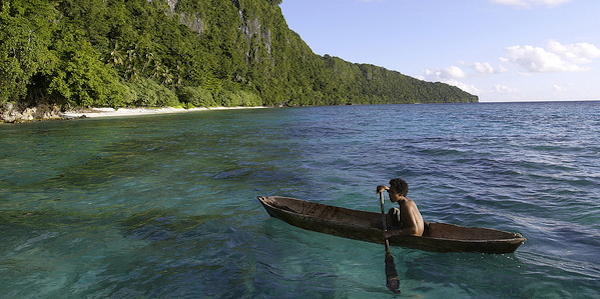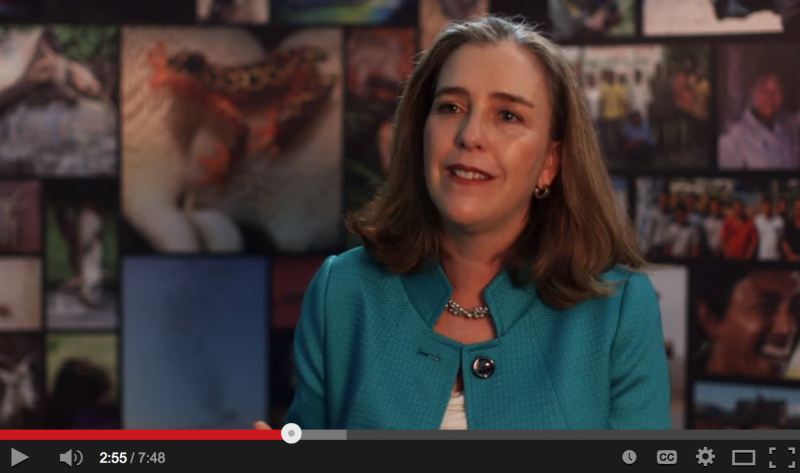
Natural capital accounting featured prominently at the IUCN World Parks Congress under the theme “Parks, people and planet: inspiring solutions” in Sydney, Australia November 12-19, 2014.
More than 5,000 registered participants from around 170 countries attended this once-in-a-decade conference, which sets the agenda for protected areas. Participants represented governments and public sector agencies, international organizations, private sector, academic and research establishment and a range of civil society representation.
In addition to the plenaries, the congress program included eight streams and four cross-cutting themes, numerous side-events and discussions and a series of eight World Leader Dialogues. Natural capital accounting was showcased as a tool for mainstreaming protected areas into economic development planning and improving the management and sustainability of protected areas over time by tracking relevant indicators inside and outside parks.
The World Bank’s Senior Director for Environment and Natural Resources, Paula Caballero, mentioned the work done by WAVES in her keynote plenary address, Integrating Conservation and Development for Lasting Impact, in a blog, Empowering new generations to act, featured both on the World Bank platform and the World Economic Forum platform, and in a video interview filmed by UNDP as part of their Park Talk series.
In addition, two in-depth sessions focused on natural capital accounting and valuation, with lessons from places like the Philippines and the Great Barrier Reef, and ample time for questions from the audience. The video presentations from the stream on "Reconciling Development Challenges" will be made available later in December 2015.

